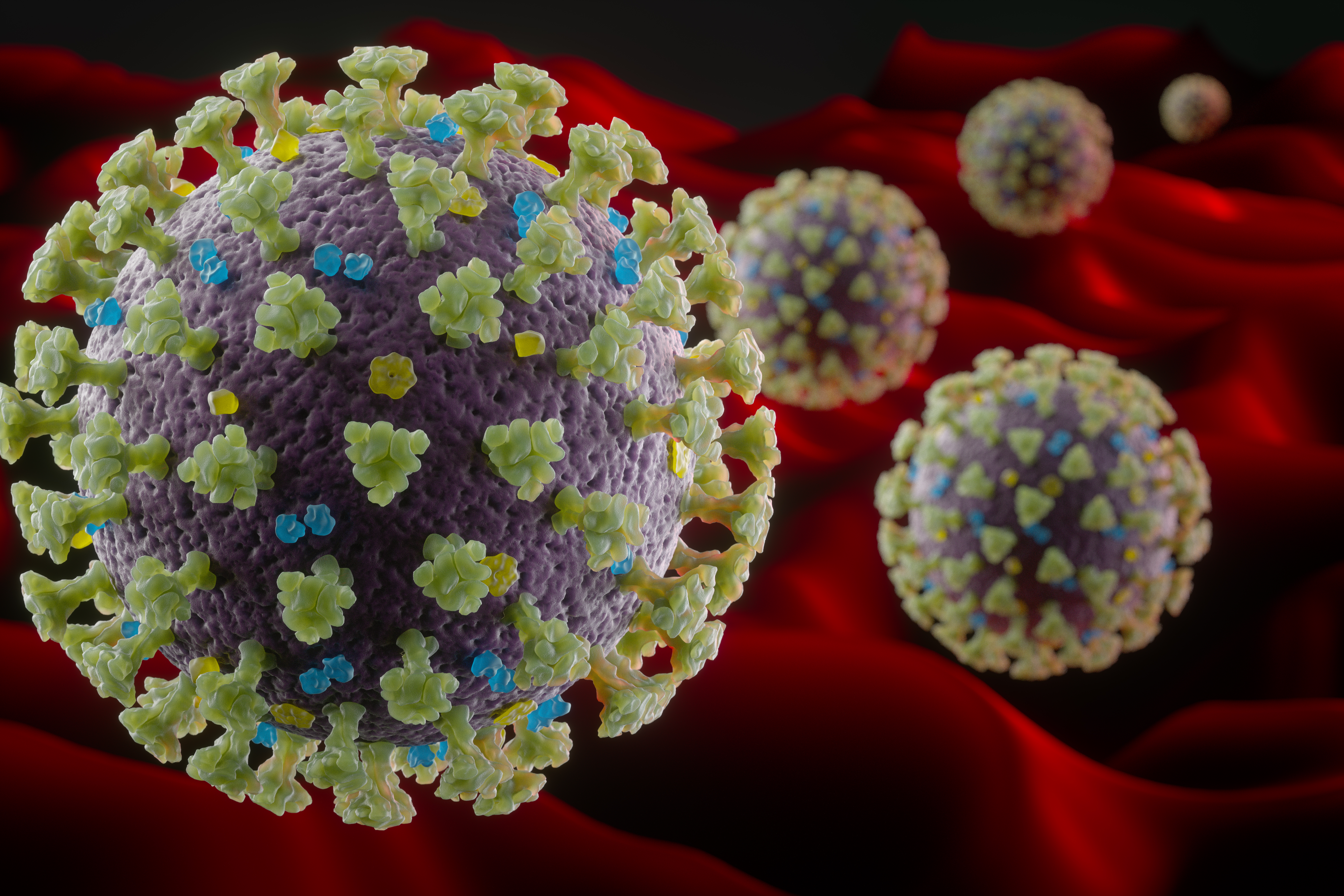This Heart Month Dr. Bruce T. Liang, director of UConn Health’s Pat and Jim Calhoun Cardiology Center and dean of the UConn School of Medicine, is sharing his strong message for those with preexisting conditions like heart disease to take strict precautions and get vaccinated as soon as possible to avoid the life-threatening combo of a serious underlying health issue and COVID-19. UConn Today sat down with Liang to learn more.
How could COVID-19 endanger one’s cardiovascular health?
The COVID-19 virus attaches and infects the lining of the lungs. This is why it produces pneumonia and breathing difficulty. But the virus also attacks the lining of the blood vessels and the heart muscle itself, causing inflammation. This inflammation can cause a clot to form in the body. For example, a clot in the vein can cause deep vein thrombosis, a clot in the lungs known as pulmonary embolism can form, or a circulatory clot in the arteries can lead to a stroke or heart attack. These are serious cardiovascular health concerns for someone who contracts COVID-19.
Why is COVID-19 so threatening for those with existing medical conditions?
Both old age and existing medical conditions such as heart disease, obesity, heart failure, diabetes, lung disease, and hypertension are separate, independent risk factors for developing a more severe form of COVID-19. Unfortunately, for our older adult populations, not only are they of advanced age but they often tend to have coexisting medical conditions too, so it’s really double jeopardy if they contract the virus. For the older population and those with health issues we especially want to make sure they take precautions.
What can individuals, whether young or older, with underlying health conditions like heart disease do to protect themselves?
Those with underlying health conditions need to take strict precautions. These include truly social distancing, wearing a mask or maybe even a double mask, and frequently washing their hands. About 10 percent of the virus’ transmission occurs from touching surfaces such as shared tables and door handles, but 90 percent of the virus’ transmission is airborne or spread via aerosols. This is why wearing a mask and keeping a distance from others is so very important. It is also critical for those who are high-risk for serious complications to get vaccinated once they become eligible and as soon as possible.
What is your latest research showing about COVID-19?
My new published research, done in collaboration with Derya Unutmaz’s team at The Jackson Laboratory, studied antibodies that form in the blood after our health care workers were exposed and contracted the COVID-19 virus. The good news is that everybody developed the antibody. The not so clear news is that the antibody level is low in health care workers compared to COVID-19 patients who were severely ill enough to be hospitalized. The study findings show that the low antibody remaining in the health care workers may not really prevent them from future infection or reinfection. That’s why we want to vaccinate all health care workers whether or not they have previously contracted the virus. So the message to all, whether a health care worker or a high-risk patient, is to get vaccinated!



